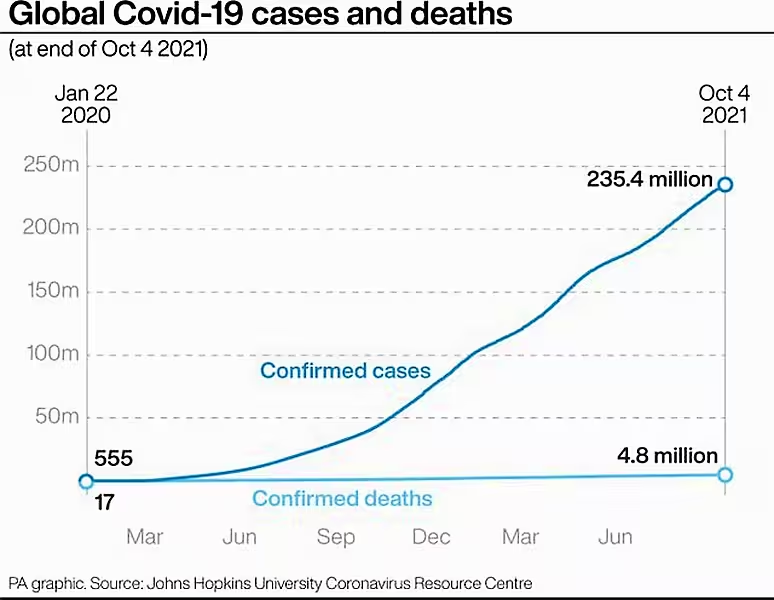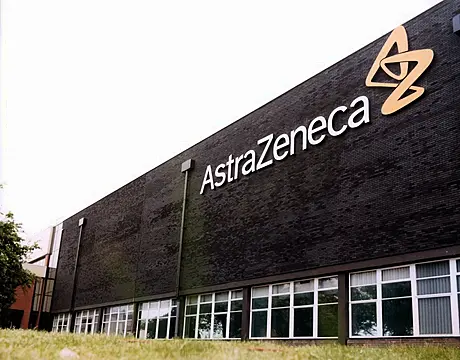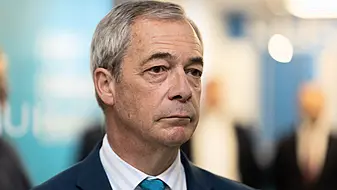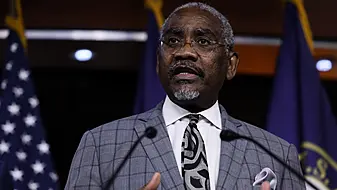AstraZeneca has asked the US Food and Drug Administration to authorise the emergency use of an antibody treatment to prevent Covid-19.
The Anglo-Swedish drug maker, which developed one of the first Covid vaccines, said the treatment, known as AZD7442, would be the first long-acting antibody combination to receive an emergency use authorisation for Covid-19 prevention.
The treatment may help protect people whose immune systems do not respond adequately to vaccination, AstraZeneca said.
Late-stage human trials showed that AZD7442 reduced the risk of developing symptomatic Covid-19 by 77%.

More than three-quarters of the participants had suppressed immune systems and other conditions that made them more susceptible to severe disease.
“Vulnerable populations such as the immunocompromised often aren’t able to mount a protective response following vaccination and continue to be at risk of developing Covid-19,” Mene Pangalos, AstraZeneca’s executive vice president for pharmaceutical research, said in a statement.
“With this first global regulatory filing, we are one step closer to providing an additional option to help protect against Covid-19 alongside vaccines.”
US demand for antibody treatments soared over the summer, particularly in states like Florida, Louisiana and Texas, where hospital admissions among unvaccinated patients threatened to overwhelm the health care system.
The drugs are laboratory-made versions of virus-blocking antibodies that help fight infections. The treatments help the patient by supplying concentrated doses of one or two antibodies.
The main antibody treatment being used in the US is Regeneron’s dual-antibody cocktail. The FDA has also authorised the Regeneron product as protection for high-risk people against severe Covid-19.
Meanwhile, Johnson & Johnson asked the FDA to allow extra shots of its Covid-19 vaccine as the US government moves towards expanding its booster campaign to millions more vaccinated Americans.
J&J said it filed a request with the FDA to authorise boosters for people 18 and older who had previously received the company’s one-shot vaccine.
While the company said it submitted data on different booster intervals, ranging from two to six months, it did not formally recommend one to regulators.







